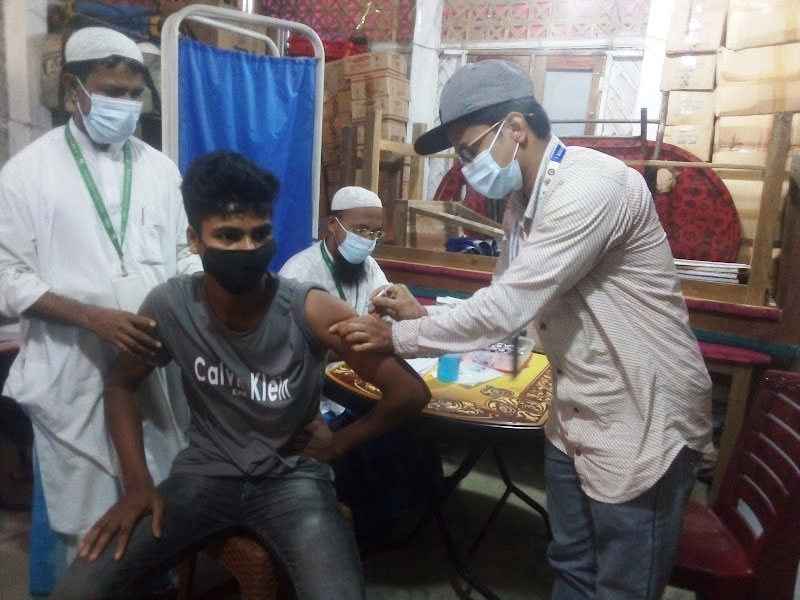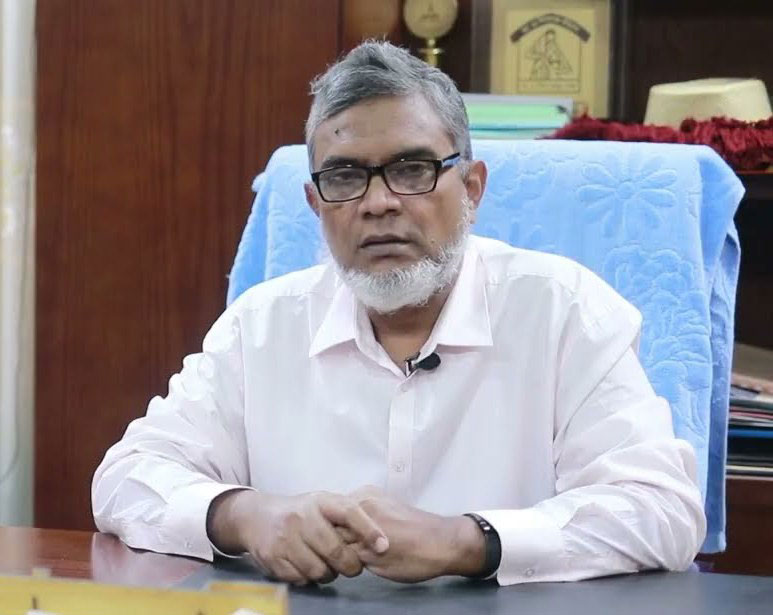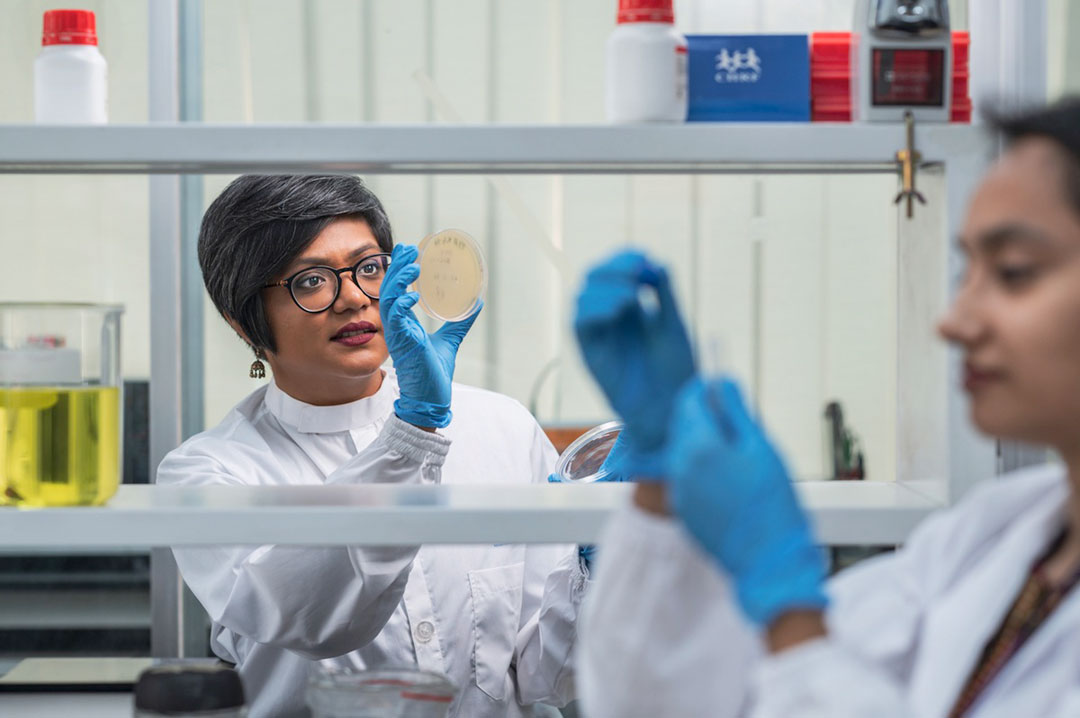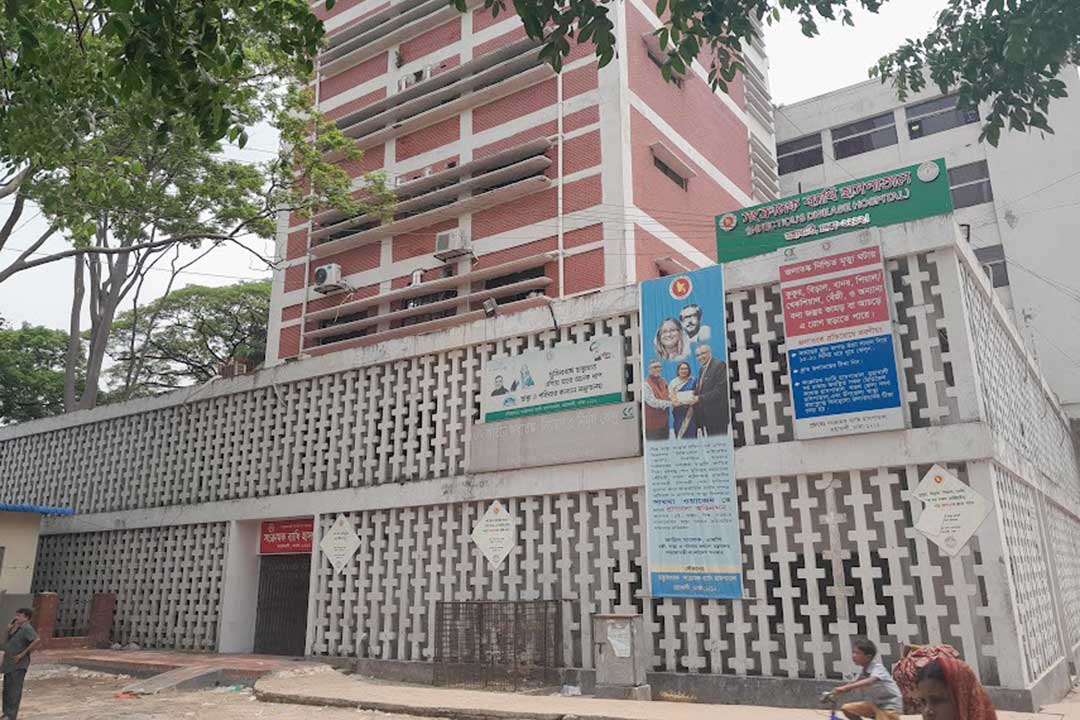Quelling the pandemic in the world’s largest refugee camp
As part of its national COVID-19 vaccination programme, Bangladesh is making sure that the Rohingya people aren’t left out.
- 25 August 2022
- 4 min read
- by Mohammad Al Amin

Towards the end of July 2022, Bangladesh’s government conducted a week-long COVID-19 special vaccination campaign in the Ukhiya refugee camp. Around 100,000 Rohingya children aged between 12 and 17 received the vaccine during the campaign.
“I have received the second dose of the vaccine and my parents are also fully vaccinated. Now all of our family is vaccinated against COVID-19 and we don’t feel as fearful,” says 17-year old Md Elias, son of Md Kashem.

Photo credit: Mohammad Al Amin
“We have included Forcibly Displaced Myanmar Nationals (FDMN) in our national vaccination programme against COVID-19. However, it would have been difficult to inoculate the Rohingya people with the jabs were it not for the COVAX Facility,”
This is a continuation of the efforts to ensure that the Forcibly Displaced Myanmar Nationals (FDMN) in what some consider the world’s largest refugee camp are vaccinated against COVID-19. Bangladesh is home to an enormous refugee camp in the Kutupalong area of Cox’s Bazar.
At the start of the COVID-19 pandemic, the Rohingya people were seriously afraid of the virus, with many getting infected and dying from COVID-19 in the Ukhiya and Teknaf camps.
Ukhiya Upazila Health and Family Planning Officer Ranjan Barua Rajon says that it was difficult to tackle the COVID-19 situation in the FDMN camp as the area is densely populated and, especially in the beginning, there was a lack of awareness among the FDMN.
At the time, health centres run by various non-governmental organisations, and operated by medical professionals and volunteers, were crowded with patients exhibiting COVID-19 symptoms.
“With the increasing number of COVID-19 patients in the camp, we setup ‘flu corners’ in the health centres where the designated physician could treat the patients,” says Dr Muntasira, physician in charge of a health centre at Kutupalong Camp 1W.
Have you read?
She adds that they refer people with symptoms to a nearby COVID-19 test centre and, should it be positive, the necessary treatment is administered at the health centre. “However, since the start of the vaccination programme in the camp, the situation is finally becoming stable,” she says.
The fight against COVID-19 started in 2020 with several hundred FDMNs and host community volunteers conducting awareness campaigns across the camp. They went from door to door to inform the Rohingya people on COVID-19, general health and hygiene, symptoms, and health guidelines such as mask wearing, social distancing and hand washing. Where necessary, they would even take people to the health centres.
The activities of the volunteers helped to prevent and contain the spread of the deadly virus and saved lives, and continue today.
“We conduct sensitisation programmes among the Rohingya FDMN people on COVID-19 and other diseases. The volunteers go door to door and work to make them aware. We also conduct screening programmes, give treatment and vaccines,” Toha Bhuiyan, health coordinator of Cox’s Bazar Refugee Relief and Repatriation Commission Office, says.
In terms of the vaccination process, he says that they provide the COVID-19 vaccines after registering names of the FDMN and have administered the vaccines to people aged 18 years up and now children aged 12 to 17 years.
“We have achieved 82% of our target for vaccination against COVID-19 here.”
The Bangladesh government has been conducting the vaccination drive against COVID-19 among the Myanmar nationals living in Bangladesh, with the support of UN Refugee Agency (UNHCR), the World Health Organization (WHO), Gavi and other national and international organisations.
"We are very happy as we are getting the COVID-19 vaccine free of charge. It is a blessing for us.”
“We have included Forcibly Displaced Myanmar Nationals (FDMN) in our national vaccination programme against COVID-19. However, it would have been difficult to inoculate the Rohingya people with the jabs were it not for the COVAX Facility,” says Dr Md Shamsul Haque, National Vaccine Deployment Committee member secretary and a Line Director at the Directorate General of Health Services (DGHS).

Photo credit: Mohammad Al Amin
“It wouldn’t have been possible to buy the vaccine in the stateless environment that is the refugee camp. We are very happy as we are getting the COVID-19 vaccine free of charge. It is a blessing for us,” says 30-year-old Md Ayaz Hossain.









